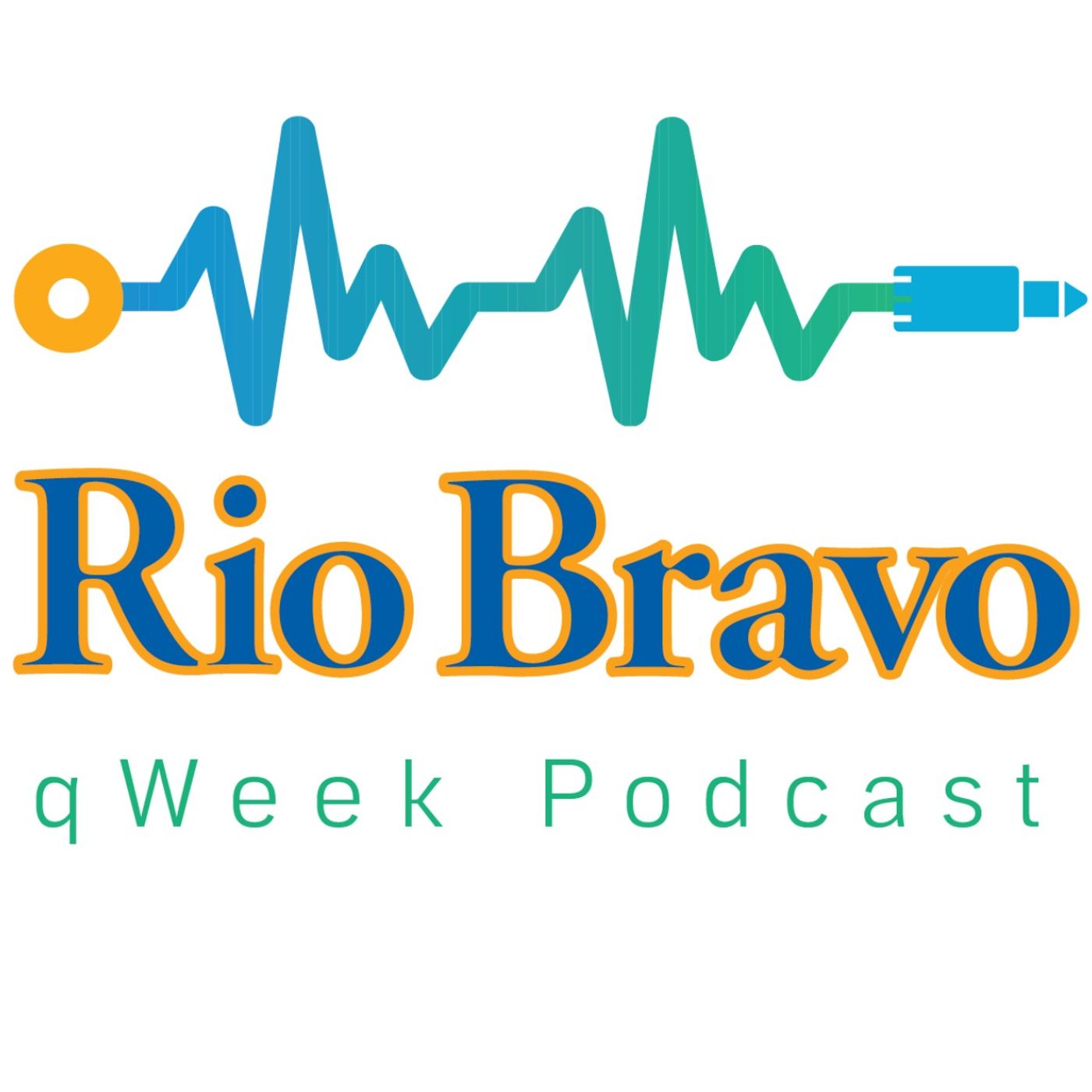- After-Shows
- Alternative
- Animals
- Animation
- Arts
- Astronomy
- Automotive
- Aviation
- Baseball
- Basketball
- Beauty
- Books
- Buddhism
- Business
- Careers
- Chemistry
- Christianity
- Climate
- Comedy
- Commentary
- Courses
- Crafts
- Cricket
- Cryptocurrency
- Culture
- Daily
- Design
- Documentary
- Drama
- Earth
- Education
- Entertainment
- Entrepreneurship
- Family
- Fantasy
- Fashion
- Fiction
- Film
- Fitness
- Food
- Football
- Games
- Garden
- Golf
- Government
- Health
- Hinduism
- History
- Hobbies
- Hockey
- Home
- How-To
- Improv
- Interviews
- Investing
- Islam
- Journals
- Judaism
- Kids
- Language
- Learning
- Leisure
- Life
- Management
- Manga
- Marketing
- Mathematics
- Medicine
- Mental
- Music
- Natural
- Nature
- News
- Non-Profit
- Nutrition
- Parenting
- Performing
- Personal
- Pets
- Philosophy
- Physics
- Places
- Politics
- Relationships
- Religion
- Reviews
- Role-Playing
- Rugby
- Running
- Science
- Self-Improvement
- Sexuality
- Soccer
- Social
- Society
- Spirituality
- Sports
- Stand-Up
- Stories
- Swimming
- TV
- Tabletop
- Technology
- Tennis
- Travel
- True Crime
- Episode-Games
- Visual
- Volleyball
- Weather
- Wilderness
- Wrestling
- Other
Episode 117: Anxiety Screening
Episode 117: Anxiety Screening. Adriana and Ikleel explain the new recommendation given by the USPSTF in October 2022 regarding screening for anxiety in children and adolescents 8-18 years old. Dr. Arreaza discusses the SCARED tool to screen for anxiety in pediatric patients. By Adriana Rodriguez, MS3, and Ikleel Moshref, MS3. Ross University School of Medicine. Moderated by Hector Arreaza, MD. You are listening to Rio Bravo qWeek Podcast, your weekly dose of knowledge brought to you by the Rio Bravo Family Medicine Residency Program from Bakersfield, California, a UCLA-affiliated program sponsored by Clinica Sierra Vista, Let Us Be Your Healthcare Home. This podcast was created for educational purposes only. Visit your primary care provider for additional medical advice.Recommendation.The USPSTF recommends screening for anxiety in children and adolescents aged 8 to 18 years. Grade of recommendation: B (offer this service to your patients)The USPSTF concludes that the current evidence is insufficient to assess the balance of benefits and harms of screening for anxiety in children 7 years or younger. Grade of recommendation: I (insufficient evidence, unknown benefits vs. harms)USPSTF concludes this new screening guideline for anxiety in this population has a moderate net benefit. For children 7 and younger, evidence is insufficient to determine screening tools accuracy and its effects, and benefit-to-risk balance. Anxiety. Anxiety disorder is characterized by excessive, persistent worry and or fear that is difficult to control, resulting in significant distress or impairment. Anxiety disorder manifests in psychological/emotional and physical/somatic symptoms. DSMV recognizes 7 types of anxiety disorders: GAD, social anxiety disorder, panic disorder, agoraphobia, specific phobias, separation anxiety disorder, and selective mutism. Comment: Anxiety is not your patient’s fault. In some cultures, anxiety is seen as a weakness. America seems to be a highly stressful society.Epidemiology.Anxiety disorder is a common mental health condition in the United States. According to the National Survey of Children’s Health in 2018-2019, 7.8% of people aged 3-17 yrs. old had an anxiety disorder that was current. In the adult population, past studies have shown ~3% past-year prevalence and ~5-12% lifetime prevalence of anxiety disorder in adults. Topic Importance.Anxiety disorders are the most common childhood-onset mental health condition. Childhood and adolescent anxiety disorder is associated with an increased likelihood of poor academic performance and co-occurring psychiatric conditions. It is also associated with future anxiety disorder, secondary depression, substance abuse, psychosocial functional impairment, chronic mental/somatic health conditions, and/or suicide. Screening anxiety disorder in youth may serve to improve potential prevent burdens in the future. Assessment of Risk. Although this new screening guideline is meant for children and adolescents aged 8-18 who have not been diagnosed with an anxiety disorder and without signs and symptoms, it is important to note what factors would increase their chances of developing any of the aforementioned anxiety disorders: Genetic, personality, and environmental factors: biopsychological vulnerability, attachment difficulties, child maltreatment, adverse childhood experience Demographic factors: poverty, low socioeconomic statusRacial and ethnic factors: racial discrimination, historic trauma, structural racismOther factors: LGBTQ youth, older adolescents 12-17Screening Tools.Although there are many screening tests for anxiety, two are widely utilized in clinical practice for screening purposes:

